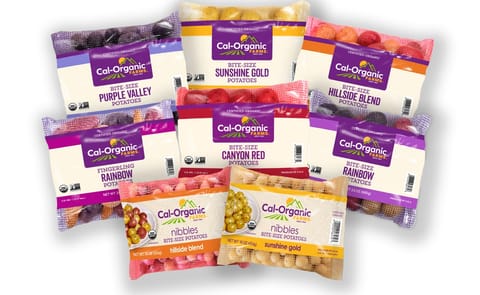Columbia Basin potato processors slowed down during the West Coast port impasse, making fewer potatoes into french fries, hash browns and other potato products shipped around the world.
Dockworkers reached a tentative contract agreement Friday, but the backlog at the ports could take months to unjam.
Washington and Oregon potatoes processed as of the end of January dropped by about 6 percent, according to recently released data from the U.S. Department of Agriculture. The total of last year’s potatoes used for processing through January was 4.3 billion pounds. That compares to 4.5 billion pounds of the 2013 crop processed during the same months last year.
When the amount of Columbia Basin processed potatoes climbs or declines, it’s almost always tied to exports, said Dale Lathim, executive director for the Potato Growers of Washington and the United Fresh Potato Growers of Washington & Oregon. The domestic market is stable.
“The Columbia Basin is the premier export producer for the North American frozen potato market,” he said.
The region still moved about as many fries as last year, Lathim said. In December, exports were about 1 percent under last year, and in January they were about the same.
Processors have relied on ingenuity to move their products. Some have moved fries by railroad to the Gulf of Mexico, the East Coast and Canada to access other ports, he said.
Tentative agreement US West Coast Ports - but effects may last

Like to receive news like this by email? Join and Subscribe!
Get the latest potato industry news straight to your WhatsApp. Join the PotatoPro WhatsApp Community!
Highlighted Company
Sponsored Content
Sponsored Content
Sponsored Content
Sponsored Content











